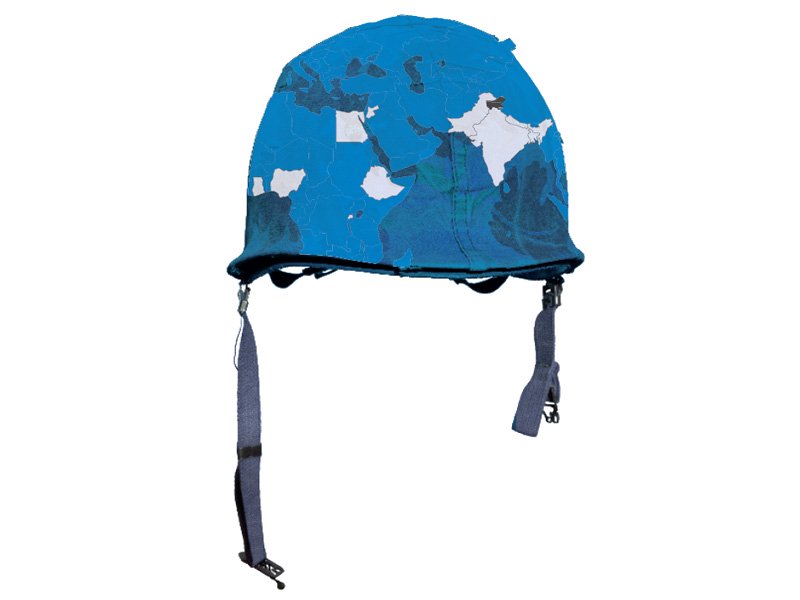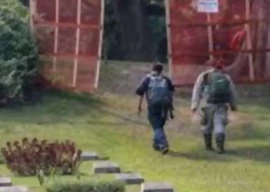
The draft study by the UN Office of Internal Oversight Services (OIOS), obtained by Reuters on Wednesday, said surveys of hundreds of women in Haiti and Liberia found their reasons for selling sex included hunger, poverty and lifestyle improvement.
"Evidence from two peacekeeping mission countries demonstrates that transactional sex is quite common but underreported in peacekeeping missions," concluded the OIOS draft dated May 15.
The United Nations currently has more than 125,000 troops, police and civilians deployed in 16 operations around the world.
The OIOS draft report also noted that "the number of condoms distributed, along with the number of personnel undergoing voluntary counseling and confidential testing for HIV ... suggest that sexual relationships between peacekeeping personnel and the local population may be routine."
It said a UN bulletin issued in 2003 had banned transactional sex by peacekeepers, in part because it undercuts the organisation's credibility in areas where it is serving.
The OIOS draft said 480 allegations of sexual exploitation and abuse had been made between 2008 and 2013, of which a third involved children. It added that missions in Democratic Republic of Congo, Liberia, Haiti and South Sudan accounted for the largest numbers of accusations. However, it noted that there were 51 allegations of sexual exploitation and abuse against UN peacekeepers in 2014, down from 66 in 2013.
States providing troops to UN missions are primary responsible for investigating allegations against their soldiers and police.
"Despite continuing reductions in reported allegations, that are partly explained by underreporting, effectiveness of enforcement against sexual exploitation and abuse is hindered by a complex architecture, prolonged delays, unknown and varying outcomes, and severely deficient victim assistance," OIOS said.
The draft included a response by the UN Departments of Peacekeeping Operations and Field Support. They regretted that OIOS did not evaluate prevention efforts and only focused on enforcement and remedial assistance efforts.
"This would have provided a much more complete view of the measures taken by the departments to address sexual exploitation and abuse," they said. They did not dispute that underreporting was a concern, but noted there had been a significant increase in deployment of peacekeepers over the past decade and a large decrease in sexual exploitation and abuse allegations.
"This picture also supports an analysis that strengthened efforts ... are having a positive impact," they said.





1732618327-2/Untitled-design-(7)1732618327-2-270x192.webp)











COMMENTS (3)
Comments are moderated and generally will be posted if they are on-topic and not abusive.
For more information, please see our Comments FAQ